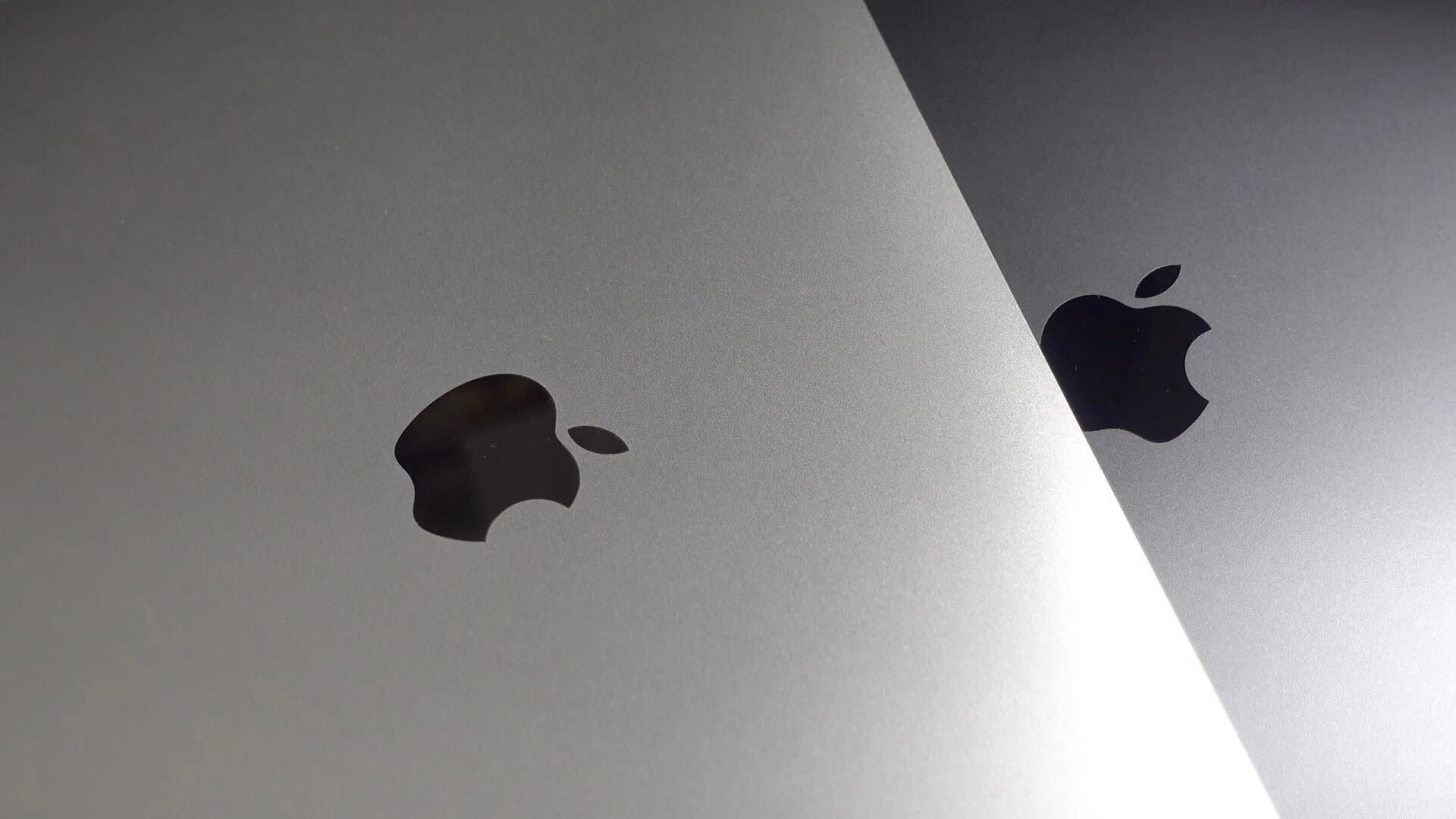
A new report from Consumer Intelligence Research Partners, via Fortune, sheds some light on customer behaviour of how quickly people get their iPad, iPhone or Macs upgraded or replaced. For instance, iPhones have approximate lifespans of two years, tied closely to when people’s contracts end. If the phone is in good condition, rather unsurprisingly, most people replace their phones alongside their new contract. Macs stay around for up to four years before being swapped out for newer equipment. The report argues that iPad life cycles more closely resemble Macs than iPhones.
However, in the case of loss or damage, people are much more compelled to replace their iPhones than Macs or iPads. Eighty percent of people replace iPhones within just two days. For Macs and iPads, this stretches out a week or even more. Over a quarter of buyers surveyed said they would replace an iPad immediately compared to approximately 37% for iPhones.
For obsolete devices, people tend to recycle iPads to family or friends much more frequently than their iPhones. According to this study, a third of iPhones are sold on or traded in (through sites like Gazelle). Interestingly, the most common outcome for older smartphones is that they are kept by their original owners — tablets seem to have a much higher propensity to be passed on for some reason.
What this survey shows perhaps most shockingly is how dedicated people are to all their Apple gear. Less than five percent of people said they would never get their Mac replaced if it was lost or broken. The margin is even smaller for iOS devices, less than one percent of iPhone and iPad users would never consider buying a replacement device. The vast majority of users get replacements within one month.

FTC: We use income earning auto affiliate links. More.






This makes a lot of sense. iPads tend to miss out on certain mobile focused software and hardware features (Passbook, led camera flash) as they are focused on slightly different types of tasks. Therefore, aside from speed and a few new features that are added, it’s a lot easier to use an iPad for longer without upgrading to the next one. With the iPhones, even in an “s” year, upgrades like Touch ID are very enticing and redefine certain areas that cause a great deal of “need” for that new product. That’s why there shouldn’t be an alarm going off when people don’t upgrade their iPads every year. Not to mention the cost of an iPad vs. the cost of a subsidized iPhone.
How is this a bad thing? It’s a good thing for consumers. Just because Wall Street isn’t happy about it, that’s just Apple’s bad luck. Wall Street would like all products to be quickly disposable because they’re happiest when new sales are being constantly generated. That’s because all Wall Street is focused on is short-term greed. I guess that’s why companies that make refrigerators, stoves and other kitchen appliances wouldn’t be popular with Wall Street’s way of thinking. Companies should strive to build good products and products that last a buyer a long time.
I’d hardly think from a consumer’s point of view this would be a company’s failing when a product lasts a long time. It’s also great for the ecology because resources aren’t used up as fast. I’ve heard long lasting product aren’t good for the economy, because it’s always best to keep money flowing for any reason to keep certain people rich. Any device should be good for many years and I don’t understand why tech pundits get upset because they think some smartphone is obsolete in six months when some newer product comes out. Almost no one needs a new smartphone every year. I’ve been using my 24″ iMac for nearly five years 24/7 and it still works fine for my simple needs. If Wall Street gets wind of that all they’re going to say is Apple is painting itself into a corner of lower future iMac sales.
People are dedicated to their Apple devices. Loyalty to the brand has become a part of the Apple culture.
Apple pushes new products often, leaving Apple fans eager to purchase the latest product. If it made sense to repair their iPhone or iPad, would customers just as willingly purchase a new one?
Does Apple really want to keep supporting old iPads with the current version of iOS for 4-5 years? No way. Do they want to keep releasing patches for older versions of iOS? No way. gotofail was a special case where iOS 6 actually got an update. The first generation iPad was discontinued 3 years ago. That means there are probably a lot of them still out there, probably in the hands of the least tech savvy members of our society, the people most likely to be a victim of a security hole. I sure hope something like gotofail doesn’t affect iOS 5.1.1.